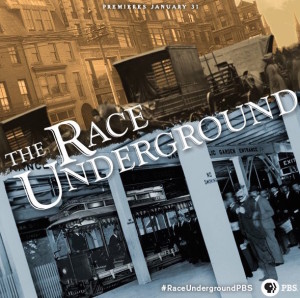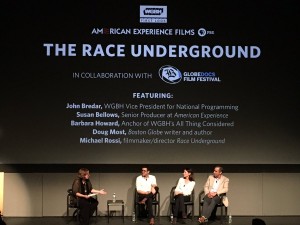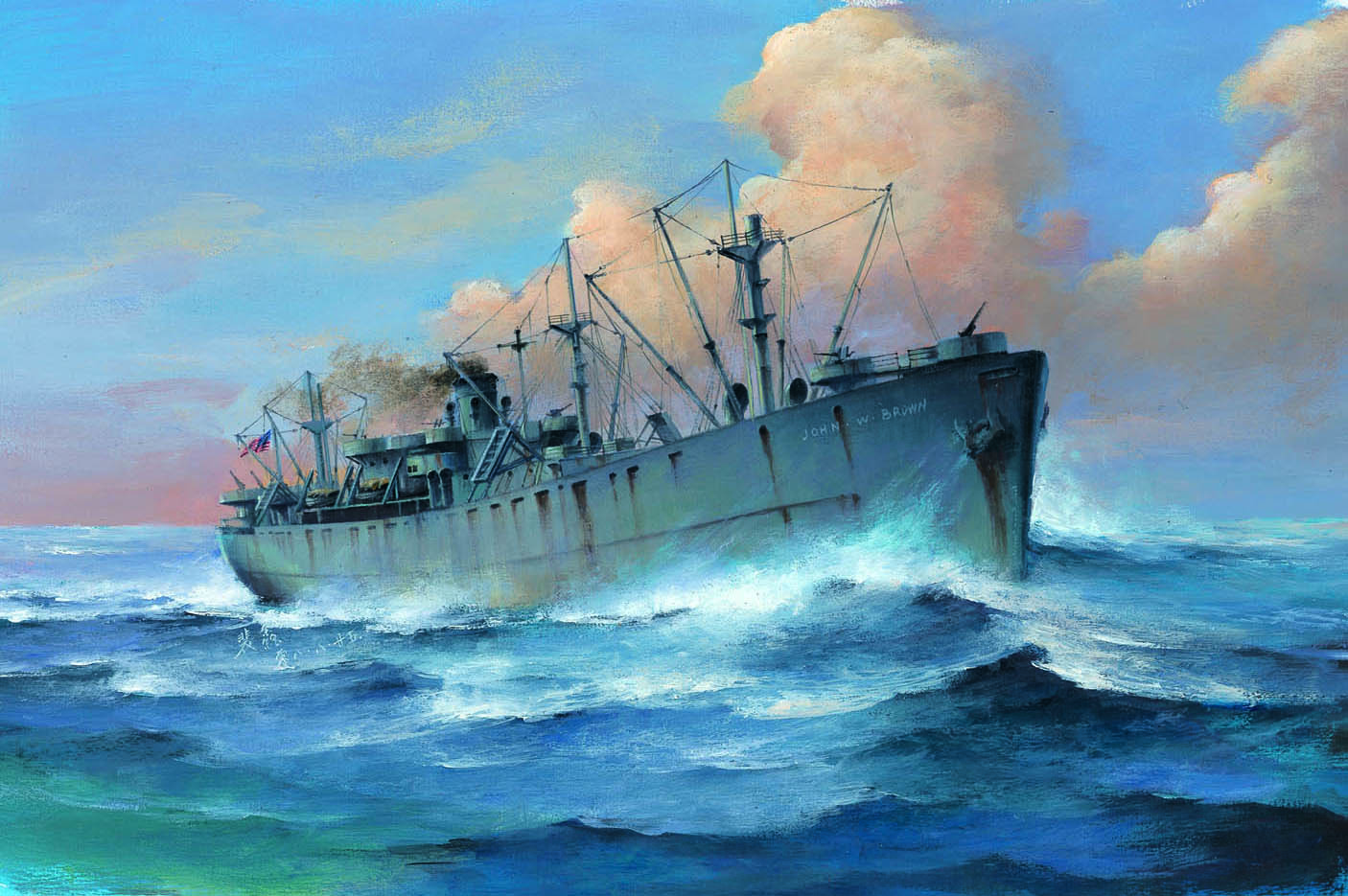 OK, set your DVR if you’d like. Tuesday evening, January 31, at 9 p.m., WGBH TV will air the documentary “The Race Underground” based off of my book of the same title. Yes, I’m excited. It’s hard to believe, but this project I undertook is now stretching into its 7th year! Geez.
OK, set your DVR if you’d like. Tuesday evening, January 31, at 9 p.m., WGBH TV will air the documentary “The Race Underground” based off of my book of the same title. Yes, I’m excited. It’s hard to believe, but this project I undertook is now stretching into its 7th year! Geez.
It started with an idea for a book. Then a year writing a book proposal and selling it to St. Martin’s Press. Then two years writing the book, which came out in February 2014 to positive reviews. Then the paperback came out in 2015. And now the documentary. The Matt Damon movie, well, still waiting on that one!
I’ve seen the film, which is almost an hour long, and it’s remarkable (if they finish a trailer for it, I’ll be sure and post that, as well). It was produced by Michael Rossi, a North Shore filmmaker as I’ve written here before, and he pulled together half a dozen great interviews, myself included, as well some incredible new research and graphics, to weave a great story. It doesn’t tell the story of the whole book about the rush to build America’s first subway between Boston and New York, but rather he zooms in on one of my favorite characters, the unsung hero Frank Sprague.
So the first showing will air January 31, but if you miss it, or forget to record it, don’t worry, there are plenty more times. Here is the entire PBS schedule of airings.
| Wed. Feb 1 at 5:00 AM | WGBH 2 | |
| Sun. Feb 5 at 12:30 AM | WGBH 2 | |
| Sun. Feb 5 at 3:00 PM | WGBH 2 | |
| Wed. Feb 1 at 2:00 AM | WGBX 44 | |
| Wed. Feb 1 at 1:00 PM | WGBX 44 | |
| Thu. Feb 2 at 4:00 AM | WGBX 44 | |
| Fri. Feb 3 at 3:00 AM | WGBX 44 | |
| Sat. Feb 4 at 2:00 PM | WGBX 44 | |
| Sat. Feb 4 at 9:00 PM | WGBX 44 | |
| Fri. Feb 3 at 8:00 PM | WGBH WORLD | |
| Sat. Feb 4 at 1:00 AM | WGBH WORLD | |
| Sat. Feb 4 at 9:00 AM | WGBH WORLD | |
| Sat. Feb 4 at 3:00 PM | WGBH WORLD
|
The film aired in early November during HubWeek at the Globe Docs Film Festival, and we had a fun evening with a panel talking about the film and the broader story (here is a photo from that night). 
And finally, here is the summary of the documentary from “American Experience.”:
In the late 1800s, Boston reigned as America’s most crowded city, with nearly 400,000 people packed into a downtown of less than one square mile. With more than 8,000 horses pulling the trolleys, the city was filthy and noisy, reeking of manure and packed with humanity.
But a young American inventor named Frank Sprague had a revolutionary idea. Inspired by his visits to the London Underground, Sprague envisioned a subway system that would trade London’s soot-spewing coal-powered steam engine with a motor run on the latest technology — electricity. After an early job with his idol Thomas Edison, Sprague launched his own venture, the Sprague Electric Railway & Motor Company. Seeking investors, he first struck out with financier Jay Gould after almost setting the mogul on fire during a demonstration. He soon found backing with the wealthy capitalist Henry Whitney, who owned a fortune in suburban Boston real estate and quickly saw the financial upside of connecting his desirable residential neighborhoods with the city’s economic center. Whitney also proposed the consolidation of Boston’s seven existing streetcar companies — all under his control. When the Massachusetts General Court granted Whitney the monopoly, he announced an unprecedented plan – to build the nation’s first subway. Powered by Sprague’s technology and enthusiastically supported by Boston Mayor Nathan Matthews, the project threw the city into a voluble debate.
”The Boston subway was not a foregone conclusion, not by a long shot. There was a petition at one point where 12,000 businessmen opposed the subway,” says historian Stephen Puleo. ”There were going to be streets torn up, sewer systems affected, water lines affected, electrical lines affected. Secondly, folks felt like traveling underground was very close to the netherworld, that you were getting closer to the devil, that you were taking this great risk in God’s eyes by traveling on a subway.”
The debate raged on, but the Mayor finally convinced the city that the new subway would provide much-needed jobs and not infringe on the city’s beloved Boston Common. After two years of construction, Boston’s new subway made its first trip on September 1, 1897. Despite lingering fears, more than 250,000 Bostonians rode the underground rails on its first day. In its first year of operation, 50 million passengers would ride the Boston system, and within ten years, New York and Philadelphia opened subways, with more American cities to follow.
”Frank Sprague lived in the shadow of Edison but played as important a role in the development and growth of cities as any person in our history,” said author Doug Most. ”His motor is one of the most important contributions, right there alongside Henry Ford’s vehicle and the Wright Brothers’ plane, as one of the most important engineering achievements of our time.”
